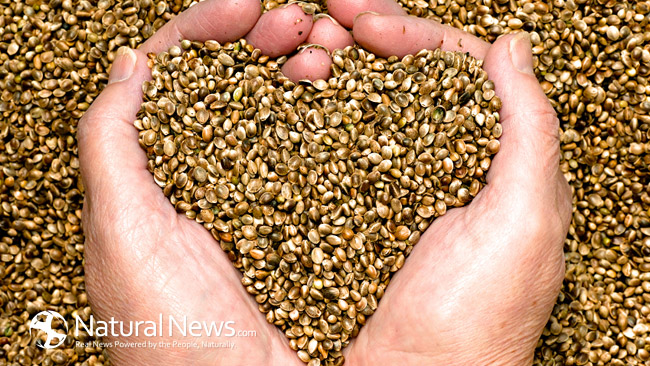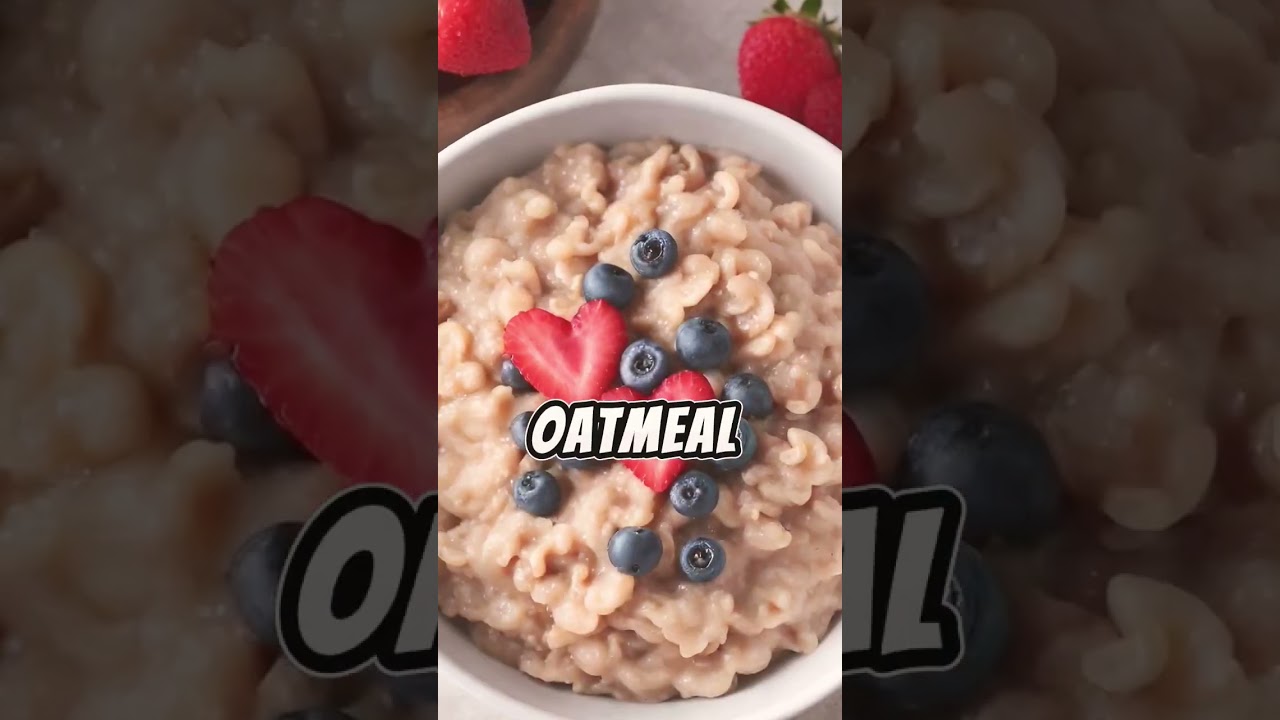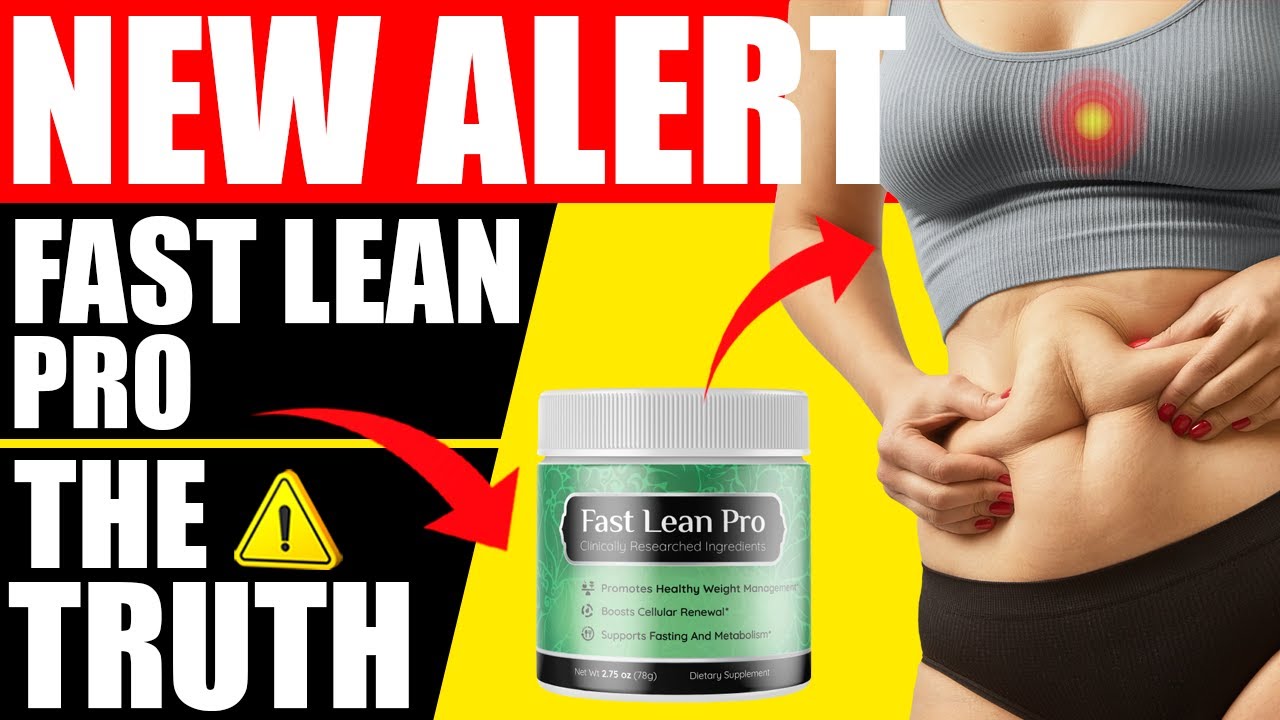The hemp plant is a species of cannabis, but it is not the same as marijuana and contains very little, if any THC (delta-9-tetrahydrocannabinol). The truth is that hemp seeds are actually part of a healthy diet because they contain protein and health fats. They are packed with nutrients, but calories counters be ware because there are about 170 calories per 3 tablespoons. Using hemp seeds in place of other protein or healthy fat sources should be limited due to their high caloric contents. Hemp can be found in oils, as protein powders, and even made into milk. The flavor is very mild and hardly noticeable to some.
One of the biggest appeals to adding hemp seeds to a smoothie, as a yogurt topper, or however preferred, is their omega-3 fatty acid make-up. Omega-3 fatty acids help reduce inflammation, lower blood pressure, lower cholesterol, reduce the risk of heart disease, and help with memory. Boosting the mind while reducing health risks is quite the combination. Another great aspect about these seeds is that three tablespoons contain 50 percent of the daily value for magnesium and phosphorus, 25 percent of the daily value for zinc, and 15 percent for iron. These minerals are great for bone health (magnesium and phosphorus), immunity (zinc), and oxygen delivery (iron). Hemp seeds are a complete protein, which means they constitute an essential amino acid. Hemp is a great non-meat source of protein. Hemp seeds also have fiber, which we need for digestion.
Hemp mainly is grown in Canada because it is not legal to grow in the U.S. Hemp grows just like a weed, so no pesticides are needed. A word to the wise is that these seeds are best kept in the refrigerator and have a short shelf life. Popular uses for the seeds are adding them to smoothies, using them as toppers even for salads, and baking with them. They are also added to skin products like lotions.
When used in moderation, hemp seeds have health benefits and have a wide range of nutrients. The takeaway is that a little goes a long way and much like eating nuts, even if considered a healthy fat or nutritionally sound, that doesn’t mean the calories get negated on the waistline. For a vegetarian, hemp seeds are a nice addition to the diet to obtain protein. We all need Omega-3s, and whole food is always the best source versus the use of supplements. Fiber is always needed too. Many like the crunch of seeds to perk up a meal, while others prefer to go without and find other less calorie containing options. Just as seeds grow, our ability to make wiser choices for our diets does too as we learn about different possibilities to aid our health.
A Review of Hemp as Food and Nutritional Supplement – PMC (nih.gov)



